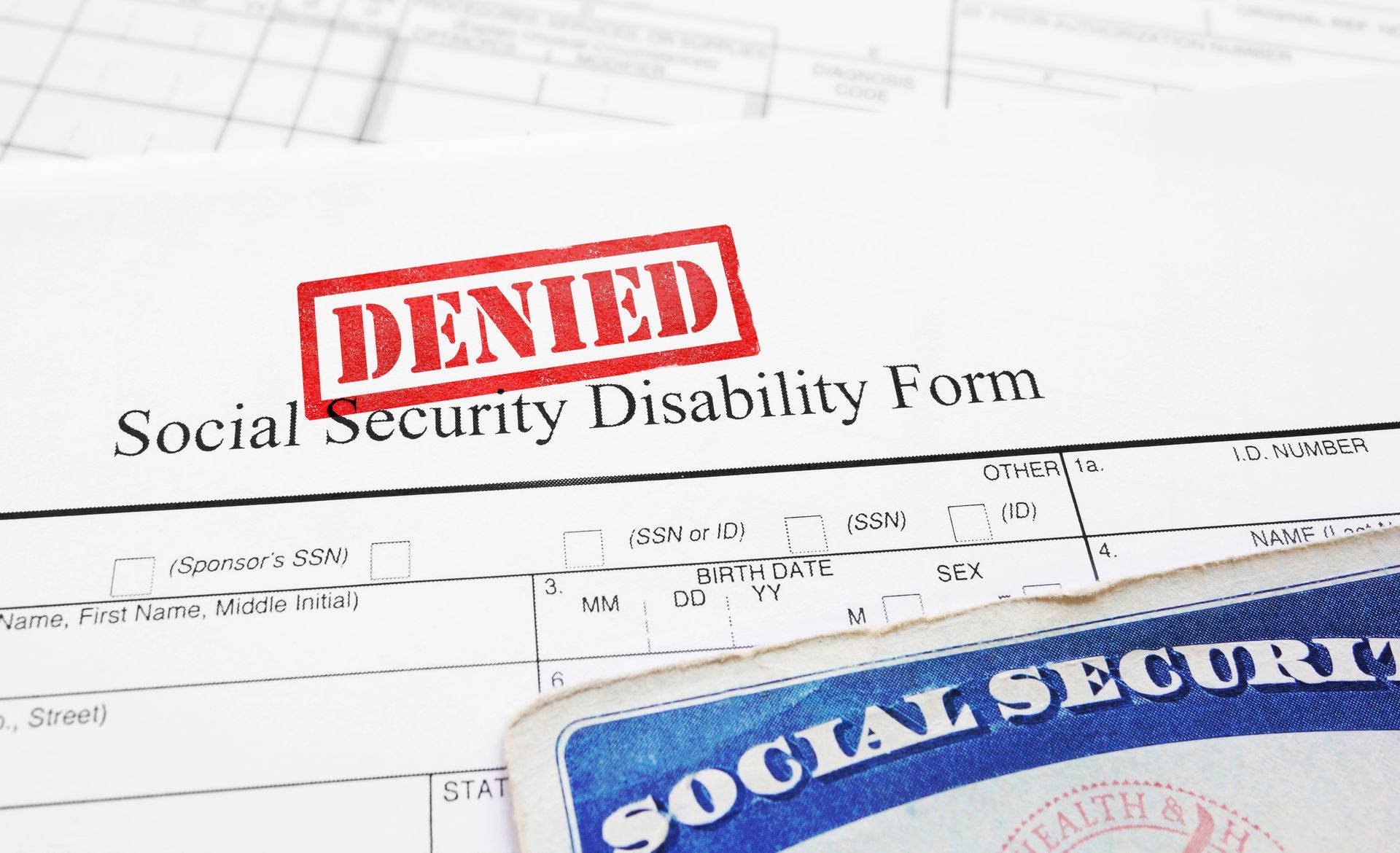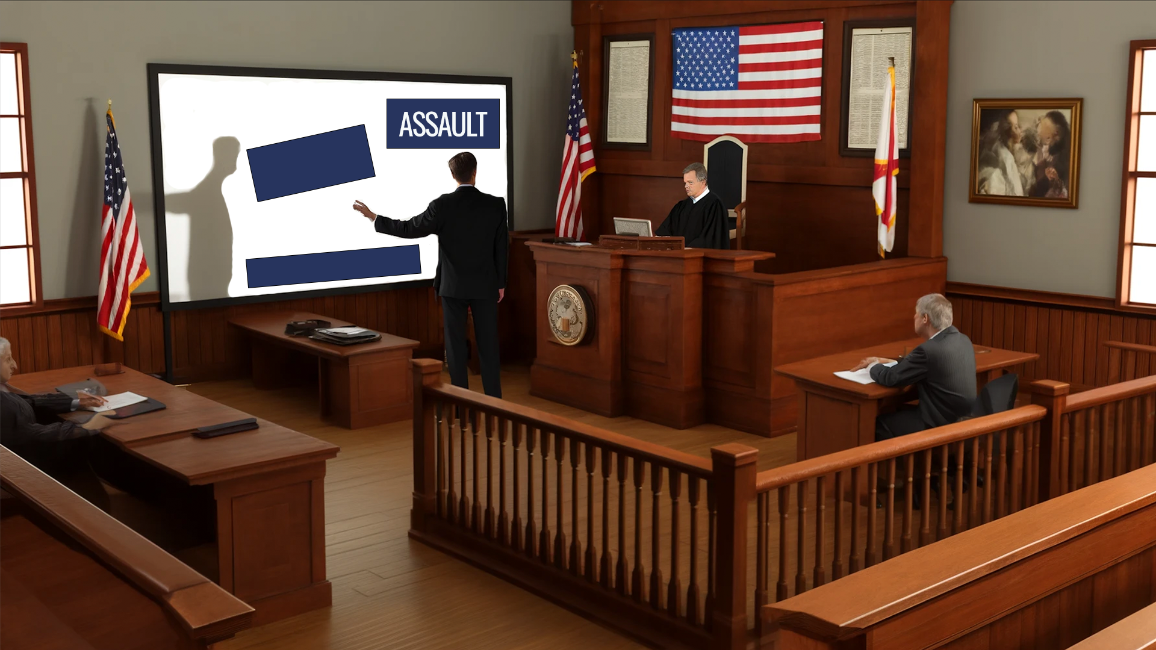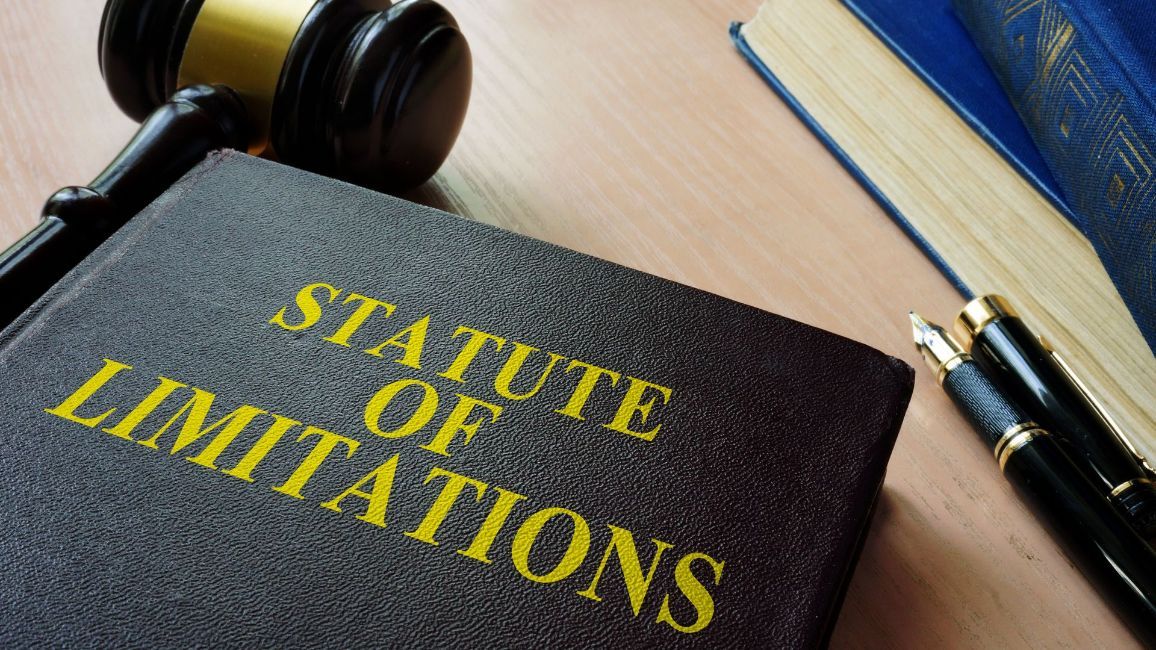Was Your Claim for Social Security Disability Benefits Denied?
Was Your Claim for Social Security Disability Benefits Denied?
Receiving a denial of Social Security Disability (SSDI) benefits can be distressing, especially if you cannot earn a living and need financial support. Resolving these issues and appealing a denied claim requires a comprehensive understanding of the Social Security Administration's policies and procedures.
If you have had your claim for Social Security Disability benefits denied, immediately seek legal assistance from an experienced disability benefit attorney from Wallace D. Mills, PC. Contact our firm today to receive the guidance and representation you need to successfully appeal your denied claim.
Common Reasons for Social Security Disability Denials
Social Security Disability benefits are often denied for various reasons. Understanding these common reasons can help to strengthen your appeal. Some of the primary reasons for denials include:
- Lack of sufficient medical evidence: The Social Security Administration requires detailed medical records that document your condition's severity and its impact on your ability to work. If your medical records don't provide sufficient evidence of your disability, your claim may be denied.
- Failure to meet the eligibility criteria: To qualify for SSDI benefits, you must meet specific criteria, including having a severe medical condition that lasts for at least 12 months or is expected to result in death. If you fail to meet these criteria, your claim may be denied.
- Mistakes in the application process: Filling out the SSDI application correctly is crucial. Minor errors or omissions can lead to a denial. It is essential to be thorough and accurate when completing the application to avoid any potential mistakes.
What to Do if You Receive a Denial? Consult a Lawyer Immediately
Receiving a denial letter can be disheartening, but it doesn't mean the end of the road. You have the right to appeal the decision. However, the appeals process can be challenging, requiring extensive knowledge of the Social Security Administration's rules and regulations. That's where an experienced Alabama SSDI attorney can assist you.
They can review your case, identify any weaknesses or missing documentation, and handle the appeals process. They can help you gather the necessary evidence to strengthen your claim and present your case effectively during the appeals hearing.
Appealing a Denial With Additional Evidence
When appealing a denial for SSDI benefits, presenting additional evidence is critical. This evidence helps to establish the severity of your disability and its impact on your daily life and ability to work. Here are some types of evidence that can be beneficial when appealing a denial:
Medical Records
Comprehensive and up-to-date medical records play a major role in establishing the severity of your condition. These records should include doctor's diagnoses, test results, treatment plans, and any other relevant medical documentation. Your attorney can help you gather and organize this evidence, ensuring it supports your claim.
Medical Experts and Evaluations
Sometimes, it is necessary to seek opinions from medical experts to further support your disability claim. Your lawyer can help you find the right medical experts and ensure they provide the necessary evaluations and opinions to strengthen your case.
Vocational Reports
Vocational reports provide an assessment of your ability to work and the impact of your disability on your job prospects. These reports analyze various factors, such as your education, work history, and transferable skills. Your attorney can help you obtain vocational reports that highlight your limitations and difficulties in finding and maintaining gainful employment.
Always Allow an Alabama SSDI Attorney to Appeal Your Denial
If your Social Security Disability benefits claim is denied in Alabama, seek legal assistance from an experienced attorney. Wallace D. Mills, PC, handles disability benefits claims and appeals. Contact our firm today to schedule a free consultation and receive the guidance and representation you need to navigate the appeals process.














